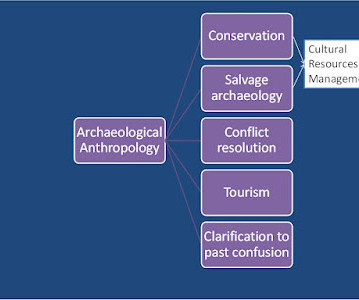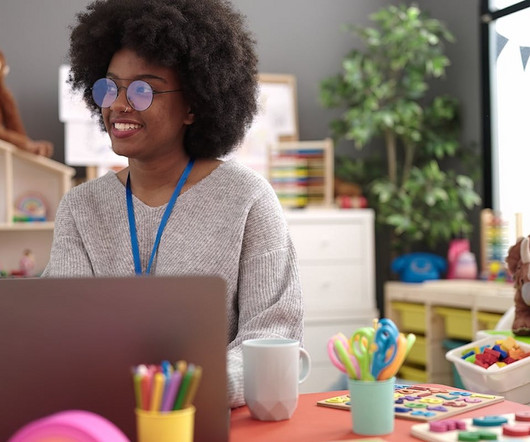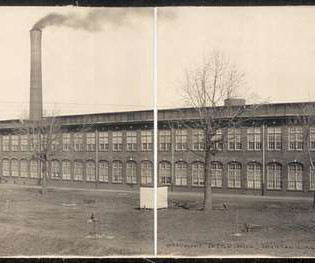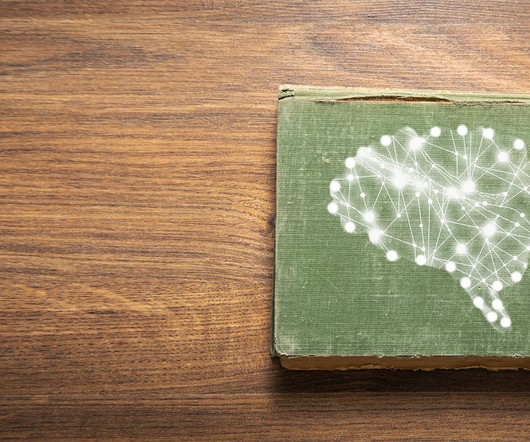Painting Through Change: How Aboriginal Artists Reimagined Animal Life in a Shifting Holocene Landscape
Anthropology.net
APRIL 30, 2025
Animals, Identity, and the Mid-Holocene Turn The simplicity of the LNF style belies a deeper cultural significance. A Living Archive The recognition of the LNF style expands not just the art historical timeline but also challenges archaeological assumptions about simplicity in form implying antiquity. Antiquity, 90(354), 126–143.














Let's personalize your content